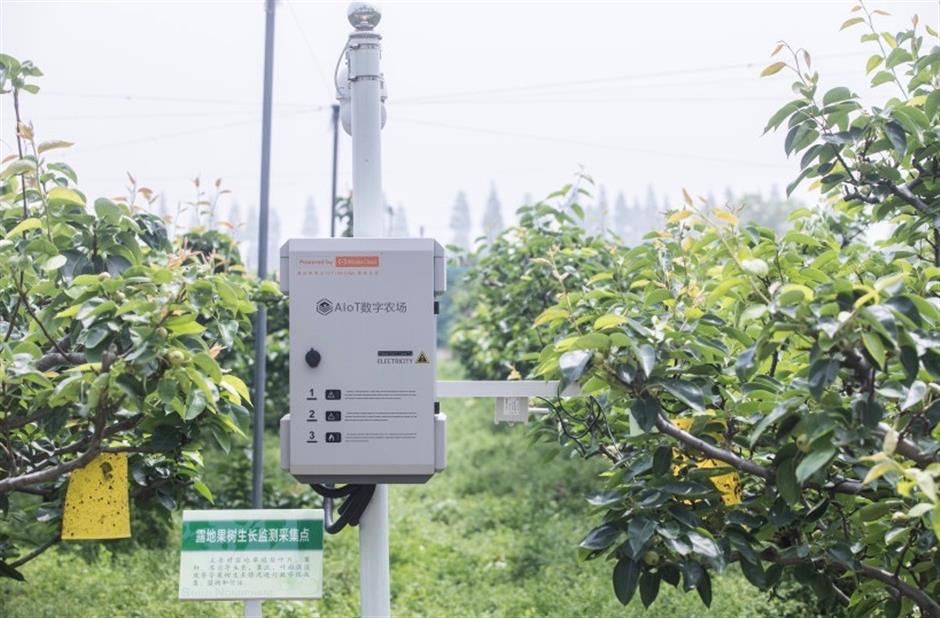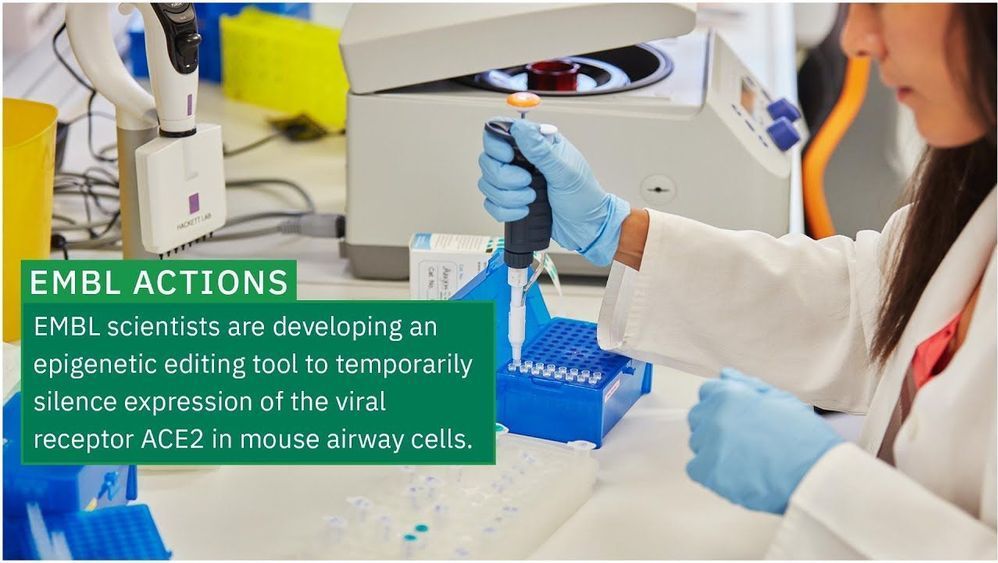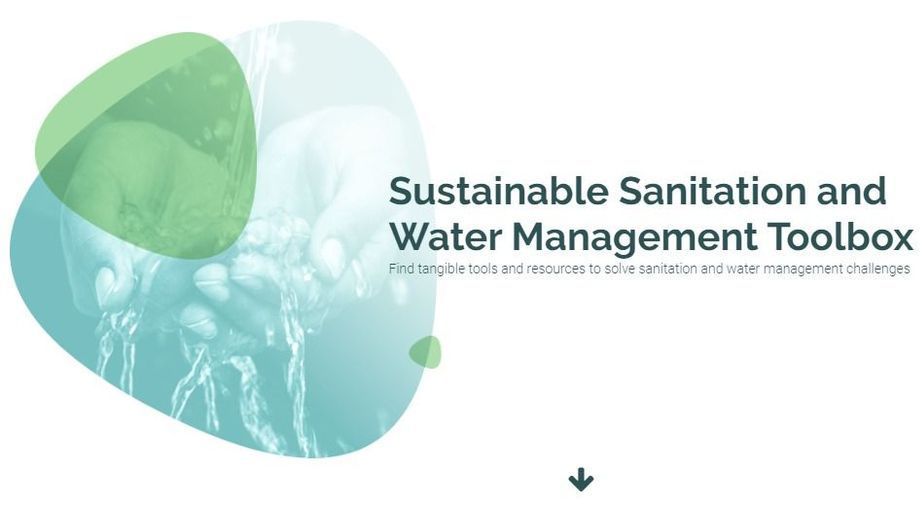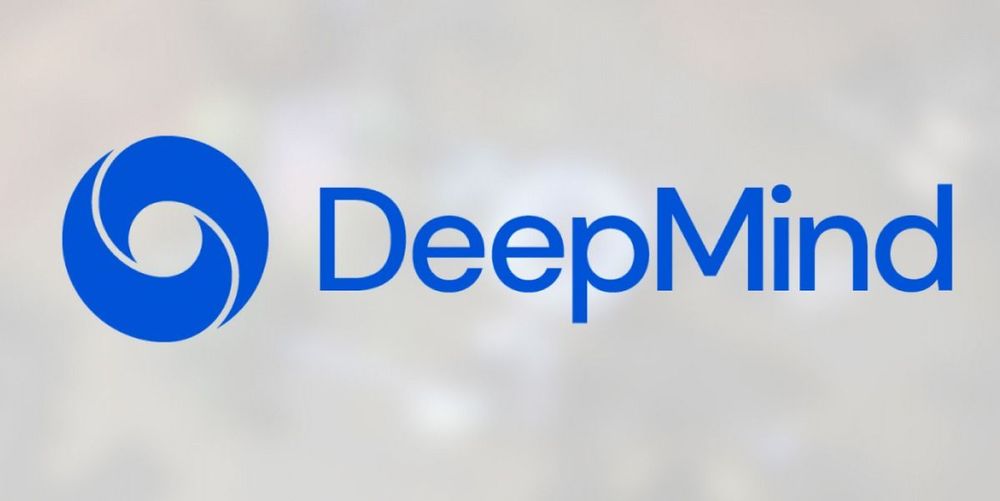Vacuum toilets are flush toilets that use suction for the removal of faeces and urine resulting in a minimal requirement of water (0.5 to 1.5 litres). Vacuum toilets provide the same level of comfort as traditional flush toilets and they help saving costs due to the minimised amount of flush water. Due to the fact that the effluent has a high organic matter content, vacuum toilets are specifically adapted for the use in combination with separate greywater and blackwater treatment; or aerobic digestion treatment for biogas production. Vacuum toilet systems are applicable both in large and small buildings, trains, ships and airplanes.
Page 6287
Aug 3, 2020
SpaceX now plans for 5 million Starlink customers in US, up from 1 million
Posted by Genevieve Klien in category: internet
Aug 3, 2020
Secret documents from US antitrust probe reveal big tech’s plot to control or crush the competition
Posted by Kelvin Dafiaghor in category: business

Too bad.
Nearly 500 pages of evidence were made public during the House Judiciary’s marathon hearing this week on potential anti-competitive actions by Amazon, Facebook, Google and Apple. We’ve collected them here with added context and an omnibus, searchable version for anyone who’d rather not juggle four dozen documents.
Aug 3, 2020
Faster than we grasp, artificial intelligence alters how we live
Posted by Kelvin Dafiaghor in category: robotics/AI

Do you agree Eric Klien?
In just a few short years, the new technology is entering new realms and helping cement Shanghai’s ambition to become a global leader in the sector.
Aug 3, 2020
Silencing the SARS-CoV-2 Receptor With CRISPR and Epigenetic Modifications
Posted by Lon Anderson in categories: biotech/medical, genetics

The Hackett Group at EMBL Rome explores epigenetics, genome regulation and cell identity. Recently, the scientists developed a novel CRISPR molecular tool for editing the epigenome, enabling transient modifications that can switch certain genes “on” and “off” temporarily.
The SARS-CoV-2 virus that has caused the COVID-19 global pandemic makes its way into a host cell via a protein known as ACE2, which is involved in a range of physiological functions in the body.
Continue reading “Silencing the SARS-CoV-2 Receptor With CRISPR and Epigenetic Modifications” »
Aug 3, 2020
DeepMind releases Acme, a distributed framework for reinforcement learning algorithm development
Posted by Quinn Sena in categories: information science, robotics/AI, transportation
DeepMind this week released Acme, a framework intended to simplify the development of reinforcement learning algorithms by enabling AI-driven agents to run at various scales of execution. According to the engineers and researchers behind Acme, who coauthored a technical paper on the work, it can be used to create agents with greater parallelization than in previous approaches.
Reinforcement learning involves agents that interact with an environment to generate their own training data, and it’s led to breakthroughs in fields from video games and robotics to self-driving robo-taxis. Recent advances are partly attributable to increases in the amount of training data used, which has motivated the design of systems where agents interact with instances of an environment to quickly accumulate experience. This scaling from single-process prototypes of algorithms to distributed systems often requires a reimplementation of the agents in question, DeepMind asserts, which is where the Acme framework comes in.
Aug 3, 2020
Our Brains Divulge Our Decisions Before We Even Know Them
Posted by Genevieve Klien in category: neuroscience
If you think you control your own thoughts and decisions, think again. Recent research reveals that unconscious thoughts give birth to our mental imagery and personal choices.
Aug 3, 2020
Transcranial Stimulation to Prevent Fear Memories From Returning
Posted by Genevieve Klien in categories: biological, neuroscience
Summary: Repetitive transcranial memory stimulation applied to the dorsolateral prefrontal cortex modifies the negative effects of fear memories. The findings could have implications for the treatment of PTSD.
Source: University of Bologna
A research group from the University of Bologna has succeeded in modifying the negative effect of a returning memory that triggers fear, and developed a new non-invasive experimental protocol. The result of this study, published in the journal Current Biology, is an innovative protocol that combines fear conditioning—a stimulus associated with something unpleasant that induces a negative memory—and the neurostimulation of a specific site of the prefrontal cortex.
Aug 3, 2020
Virgin Galactic partners with Rolls-Royce as it looks to build an aircraft for supersonic air travel
Posted by Genevieve Klien in category: space travel
Space tourism venture Virgin Galactic announced it signed an agreement with Rolls-Royce to develop an aircraft for supersonic travel, giving a first look on Monday of the coming vehicle’s design.
Supersonic travel is a long-term bet for Virgin Galactic, which has been developing reusable spacecraft capable of sending people on short trips to the edge of space for more than a decade.
Virgin Galactic said it completed a mission concept review alongside NASA of its supersonic vehicle design and now will work with the Federal Aviation Administration to create a framework for certifying the aircraft for flight. Previously Boeing’s venture arm invested $20 million in Virgin Galactic, specifically toward helping the company build a supersonic aircraft.
Aug 3, 2020
How AI Will Make Drug Discovery Low-Cost, Ultra-Fast, and Personalized
Posted by Kelvin Dafiaghor in categories: biotech/medical, robotics/AI
Life-saving Ai
If you had to guess how long it takes for a drug to go from an idea to your pharmacy, what would you guess? Three years? Five years? How about the cost? $30 million? $100 million?
Well, here’s the sobering truth: 90 percent of all drug possibilities fail. The few that do succeed take an average of 10 years to reach the market and cost anywhere from $2.5 billion to $12 billion to get there.
Continue reading “How AI Will Make Drug Discovery Low-Cost, Ultra-Fast, and Personalized” »















